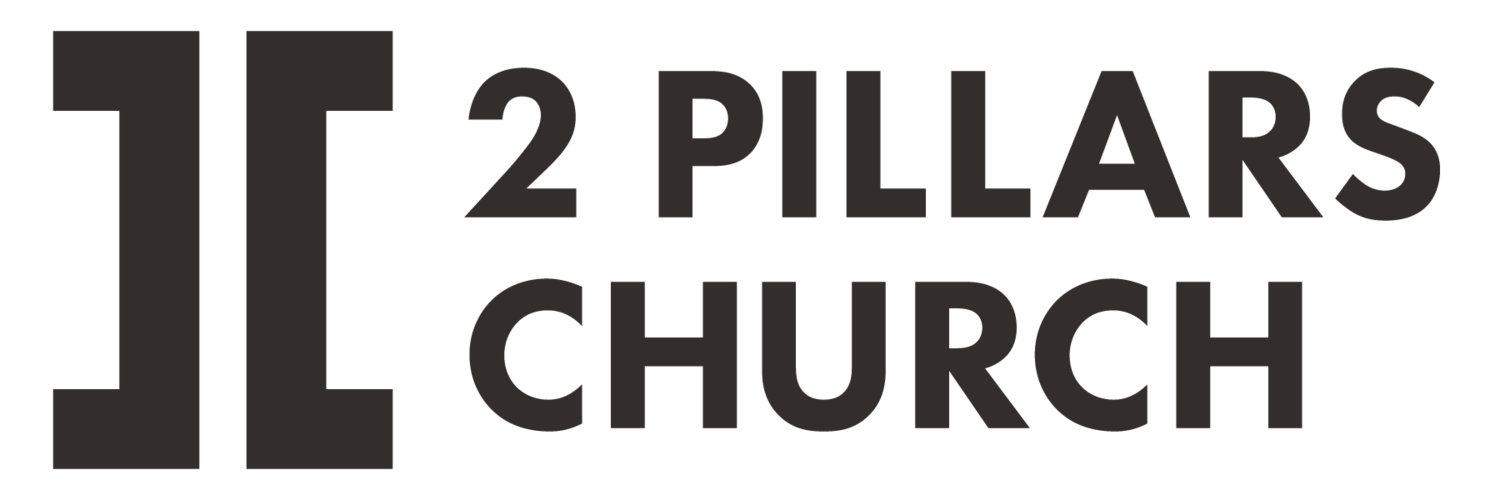Christmas has come at last!
We have finally made it.
We were all wondering if we would survive and get everything done, and while prevailing seemed unlikely at points, there is something about Christmas that makes room for the unlikely to happen.
Christmas Eve and Christmas Day for you are most likely being celebrated with family, friends, good food and relaxing. Finally, it seems okay to get fully in the Christmas spirit and sing Christmas carols. One song that you probably sang is 'O Holy Night.' For some reason, this song hits home with the way we feel during the Advent season.
The song was originally written by a man named Placide Cappeau, who was a wine merchant and poet in a small town in France. What is unusual about this song in particular is that Cappeau was not a Christian, and actually considered himself to be an anticlerical atheist. By the time of 1847, Cappeau was known for his writing, and was asked by a local parish to write a poem for the upcoming Christmas mass. It seems fair to infer that he was probably shocked by this, but nonetheless, he was honored to share his talents with the church.
Basing his work around the birth narrative of Jesus in Luke’s Gospel, Cappeau finished the poem which he entitled 'Cantique de Noel.' Thereafter, he found himself moved by his own work and decided that it should be put into the hands of a master musician. Thus, Cappeau turned to a good friend of his named Adolphe Charles Adams, who was a renowned classical musician at the time in the city of Paris. Though this poem was about celebrating Christmas and the person of Jesus, Adams was Jewish by heritage, so this poem was about a holiday that he did not observe, and about a man that he did not believe to be God incarnate. Nevertheless, he quickly went to work and was inspired by Cappeu’s beautiful words. The final product was then sang at the upcoming Midnight Mass that Christmas Eve in 1847.
At first, 'Cantique de Noel' was gladly accepted by the church in France. But when it was found that Cappeau was part of a socialist movement and that Adams was a Jew, the song was suddenly denounced by the church. As the church tried to bury this song, the people of France continued to sing it, and a decade later a reclusive songwriter in America would give the song to a new audience on the other side of the world.
John Sullivan Dwight, who was a supporter of the abolition of slavery at the time in North America, was able to identify with the lines that Cappeau wrote,
“Truly he taught us to love one another;
His law is love and his gospel is peace.
Chains shall he break, for the slave is our brother;
And in his name all oppression shall cease.”
Dwight’s translation of the song quickly gained traction in North America. On Christmas Eve of 1906, the song retitled 'O Holy Night' was the first song ever sent through radio airwaves. The song is now sung in many churches of all stripes today.
This is an unlikely story of an atheist poet and a Jewish composer collaborating on a hymn for a small Catholic Mass taking place on Christmas Eve, which ended up becoming the first song to ever air on radio and is now one of the most popular Christmas songs of all time. But this is the nature of Christmas: unlikely stories finding their way into history and reality.
God being born of a woman in the first century Greco-Roman world as a Jewish Carpenter. It sounds unlikely and uncommon because it is just that. God becoming a man named Jesus, entering into the strongholds of sin to bring liberty to the captives. It sounds wild, because it is. God has always worked in ways that are not predictable, because He cannot be pinned down or put into a box.
One of the marvelous themes of Christmas is that God is continuing to work in ways that are not predictable, and all people are invited to belong to God’s reclaiming and restoring of all things that He is doing in Christ.
As Cappeau wrote:
“A thrill of hope the weary world rejoices
For yonder breaks a new and glorious morn!”
To listen to an in-depth look at all four weeks of Advent, please check out the series here.

